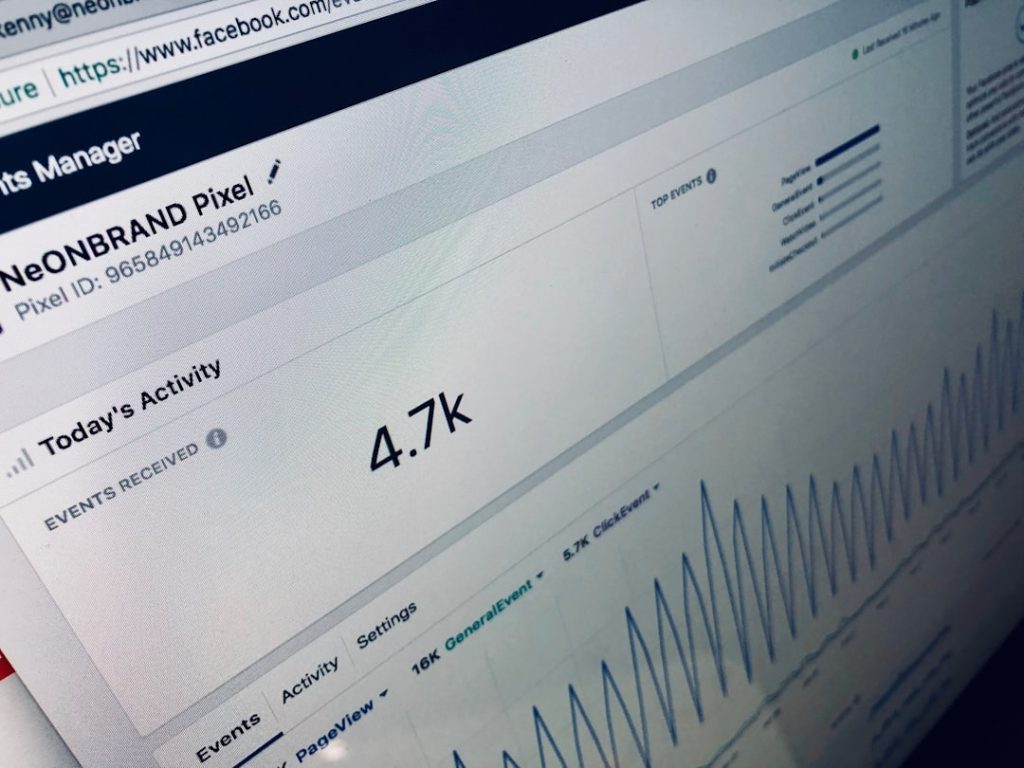Pro bono work, which refers to legal services provided voluntarily and without payment, offers numerous advantages for law firms. Engaging in pro bono activities not only enhances a firm’s reputation but also fosters a sense of community and social responsibility among its attorneys. By participating in pro bono initiatives, law firms can demonstrate their commitment to justice and equality, which can significantly bolster their public image.
This positive perception can lead to increased client trust and loyalty, as potential clients often prefer to work with firms that actively contribute to societal well-being. Moreover, pro bono work serves as an invaluable training ground for young attorneys. It provides them with opportunities to gain practical experience in various areas of law while working on real cases.
This hands-on experience can be particularly beneficial for new lawyers who may not yet have had the chance to represent clients in a traditional setting. By tackling pro bono cases, they can develop essential skills such as legal research, client communication, and courtroom advocacy. In this way, pro bono work not only benefits the community but also contributes to the professional growth of the firm’s attorneys.
Key Takeaways
- Pro bono work enhances a law firm’s reputation and helps attract and retain top talent.
- AI can streamline pro bono efforts by automating repetitive tasks and analyzing large volumes of data.
- Scaling pro bono work with AI requires addressing issues such as data privacy and bias in algorithms.
- Case studies show successful implementation of AI in pro bono work, leading to increased efficiency and impact.
- Ethical considerations in using AI for pro bono services include ensuring fairness, transparency, and accountability in decision-making processes.
- The future of pro bono work and AI in the legal industry involves continued innovation and collaboration to address pressing social and legal challenges.
How AI Can Enhance Pro Bono Efforts
Artificial intelligence (AI) has the potential to revolutionize the way law firms approach pro bono work. By automating routine tasks and streamlining processes, AI can free up valuable time for attorneys, allowing them to focus on more complex legal issues that require human expertise. For instance, AI-powered tools can assist in document review, legal research, and case management, significantly reducing the time spent on administrative tasks.
This efficiency can enable law firms to take on a greater number of pro bono cases, thereby expanding their impact on underserved communities. Additionally, AI can enhance the accessibility of legal services for those in need. Through chatbots and virtual assistants, individuals seeking legal assistance can receive immediate responses to their inquiries, guiding them through the initial stages of their legal issues.
This technology can help bridge the gap between potential clients and legal resources, ensuring that those who may not have the means to afford traditional legal services still have access to vital information and support. By leveraging AI in this manner, law firms can extend their reach and provide assistance to a broader audience.
Overcoming Challenges in Scaling Pro Bono Work with AI

While the integration of AI into pro bono efforts presents numerous opportunities, it also comes with its own set of challenges. One significant hurdle is the initial investment required for implementing AI technologies. Law firms may need to allocate substantial resources toward acquiring and maintaining these systems, which can be a deterrent for some organizations, especially smaller firms with limited budgets.
Additionally, there may be a learning curve associated with adopting new technologies, requiring training and adaptation from staff members who may be accustomed to traditional methods of practice. Another challenge lies in ensuring that AI tools are designed with the specific needs of pro bono work in mind. Many existing AI solutions are tailored for commercial legal practices and may not adequately address the unique complexities involved in pro bono cases.
Law firms must carefully evaluate and select AI technologies that align with their pro bono objectives while also considering ethical implications. By addressing these challenges head-on and investing in appropriate training and resources, law firms can successfully scale their pro bono efforts through the effective use of AI.
Case Studies: Successful Implementation of AI in Pro Bono Work
Several law firms have already begun to harness the power of AI in their pro bono initiatives, showcasing successful implementations that serve as models for others in the industry. One notable example is a large international law firm that developed an AI-driven platform to streamline its pro bono case intake process. By utilizing machine learning algorithms, the firm was able to categorize incoming requests for assistance based on urgency and complexity.
This innovation not only improved response times but also ensured that attorneys could prioritize cases that required immediate attention. Another compelling case study involves a nonprofit organization that partnered with a tech company to create an AI tool designed specifically for low-income individuals seeking legal advice. The tool uses natural language processing to analyze users’ questions and provide tailored responses based on their specific legal issues.
This collaboration has significantly increased access to legal information for underserved populations, empowering individuals to navigate their legal challenges more effectively. These examples illustrate how innovative applications of AI can enhance pro bono efforts and create meaningful change within communities.
Ethical Considerations in Using AI for Pro Bono Services
As law firms increasingly turn to AI to support their pro bono work, ethical considerations must remain at the forefront of these initiatives. One primary concern is ensuring that the use of AI does not compromise the quality of legal services provided to clients. While AI can enhance efficiency, it is crucial that attorneys maintain oversight and ensure that human judgment is applied in all critical decision-making processes.
The risk of relying too heavily on automated systems could lead to oversights or misinterpretations that may adversely affect clients’ outcomes. Furthermore, issues related to data privacy and security must be addressed when implementing AI solutions in pro bono work. Law firms must ensure that sensitive client information is protected and that any data collected through AI tools is handled responsibly.
Establishing clear guidelines for data usage and implementing robust security measures will be essential in maintaining client trust and upholding ethical standards within the legal profession. By prioritizing these ethical considerations, law firms can responsibly integrate AI into their pro bono efforts while safeguarding the interests of those they serve.
The Future of Pro Bono Work and AI in the Legal Industry

Increased Collaboration and Innovation
The potential for increased collaboration between legal professionals and technology developers could lead to innovative solutions tailored specifically for addressing the needs of underserved populations.
A More Equitable Legal Landscape
Moreover, as awareness grows regarding the importance of access to justice, more law firms may feel compelled to engage in pro bono work, particularly if they can do so efficiently through AI integration. This shift could result in a more equitable legal landscape where individuals from all backgrounds have access to quality legal representation.
Adapting to Technological Advancements
Ultimately, the future of pro bono work will depend on the ability of law firms to adapt to technological advancements while remaining committed to their ethical obligations and social responsibilities within the communities they serve.
One related article to Scaling Pro Bono Work with AI: Can Law Firms Do More with Less? is available on the MyLitiCare website. The article can be found at https://myliticare.com/features/ and discusses how technology is revolutionizing the legal industry, allowing law firms to streamline their processes and provide more efficient services to clients. This article provides valuable insights into how AI can help law firms scale their pro bono work and do more with less resources. For more information on how MyLitiCare can assist with implementing AI solutions in your law firm, visit https://myliticare.com/contact-us/.













